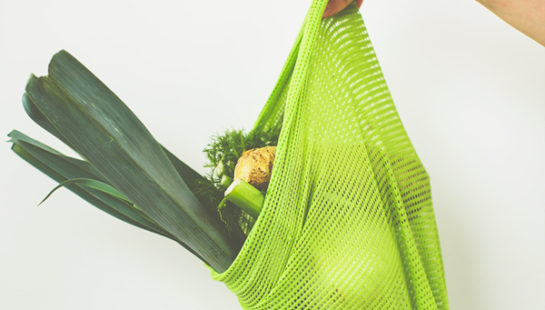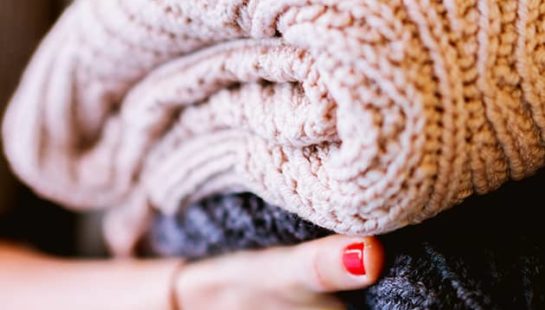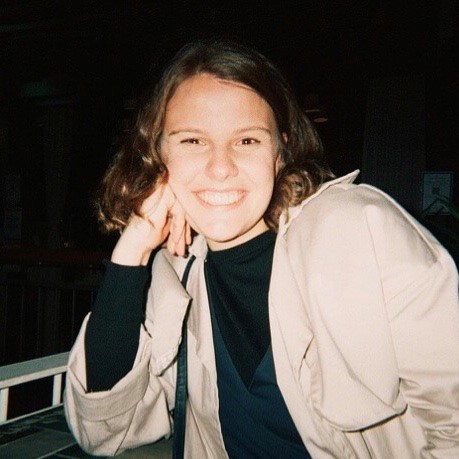Are you in the habit of making New Year’s resolutions? While I love setting goals towards ethical and sustainable living, the thought of writing an inflexible list of wills and won’ts doesn’t always inspire action. So this year, instead of making resolutions, I’m using questions to explore my habits. Questions can uncover insights—just look at how Jesus interacted with the people around him during his time on earth. They’re a gentle but bold invitation to do better.
Keen to nurture habits that serve people and the planet? Here are 12 questions to ask yourself in 2023.
1. What disposable item can I replace with something reusable?
Paper towels, gladwrap, takeaway coffee cups . . . disposable items are convenient, but switching to reusable alternatives helps reduce the amount of waste sent to landfill. Last year, I replaced our broken plastic clothing pegs with long-lasting stainless steel ones, and they’re still going strong!
2. What’s one area of ethical consumption you can learn more about?
Shopping ethically can feel laborious at first, as we’re used to buying things without considering how they’re made. But it gets easier as you start retraining your brain. Pick one topic to explore, such as the impact different fibres have on the planet, and incorporate what you’ve learnt into your purchasing decisions.
3. How can I waste less food in the kitchen?
Many countries are close to famine, yet Australians waste around 7.6m tonnes of food each year. Small changes—shopping to a list, bringing leftovers to work, arranging the fridge so you can see what needs to be used up—can help your family make better use of the nourishment God provides (plus it will help your budget).
4. Can I use my car less this year?
The maths is simple: fewer cars on the road lowers overall carbon emissions. Explore ways to use your car less, whether that means walking more, catching public transport, or riding a bike. What’s possible will be different for each household, but small adjustments lead collectively to big results.
5. Can I support an organisation that does good for people and the planet?
Go one step further in your purchasing habits and choose brands and organisations that re-invest their profit into helping people see a better world. Our family recently switched to Who Gives a Crap toilet paper, and Better World Gifts are a great option for future birthdays.
6. What can I give away to someone else?
During lockdown, we were thankful for friends who gave us their unused laptops so our kids could do school from home. We often keep track of what we want, but what about things you no longer need? Can you pass them on to someone who could give them a second life?
7. Can I buy less, so I can choose the most ethical option?
I know all too well the allure of a cheap T-shirt (or five). Shopping ethically might mean choosing to own less of something, so you can afford a quality product that lasts longer, is sustainably made, and ensures workers are fairly paid. Also, try second-hand shopping before buying something new.
8. What brand can I ask to do better?
Do you absolutely love a brand of shoes or clothes, but wish they did better for workers and the environment? This year, agitate for change and tell them exactly what you think. We’ve made it easy with our digital Speak Out to Brands tool.
9. What can I fix instead of replace?
If there’s an item in your home that you’ve been meaning to replace with a newer version, see if you can get it fixed. This applies to small things too. One of my challenges for 2023 is to learn how to darn and mend holes, so I can keep my kids’ sports socks in circulation for longer!
10. What small changes can I make so our home is more sustainable?
Get the kids involved and brainstorm different ways you can live more sustainably in your own home. Things like turning off the lights when you leave the room, having shorter showers or composting your food scraps have a positive impact on the environment. And it’s best way to teach your kids skills for sustainable living in their own future homes.
11. What can I buy less of this year?
We all have that one thing we have too much of (for me, it’s books and fancy tea). Do the hard work of challenging how much you need, and whether you can be happy with less. Some people find having a waiting period before clicking on the shopping cart helps them consider whether they really want the item.
12. Who can I have a conversation with about ethical living?
Having conversations about ethical consumption not only keeps you accountable—it also inspires others to explore what changes they could make in their lives. And the more we do as a community, the bigger our impact for a better world.



 Chantelle Mayo
Chantelle Mayo

 Emma Wright,
Emma Wright,